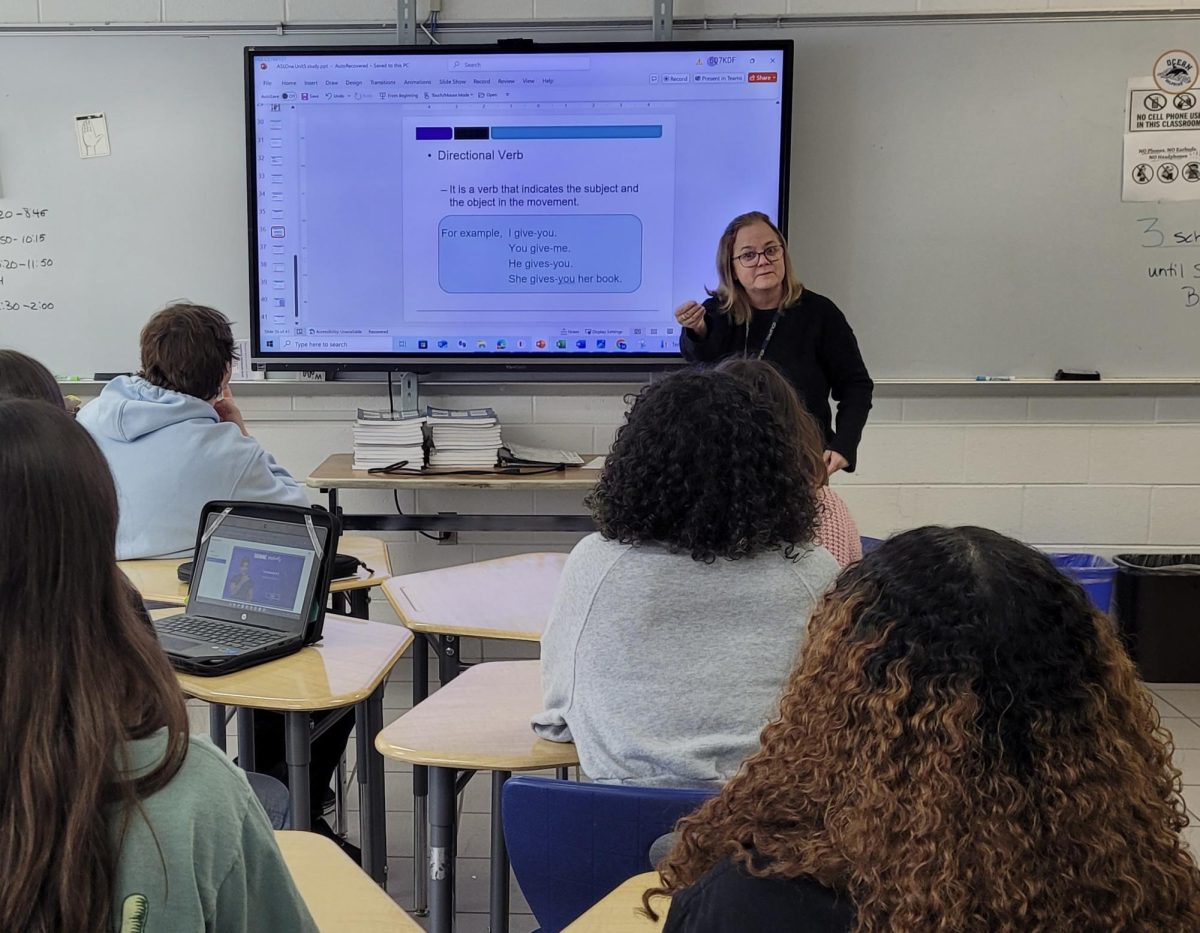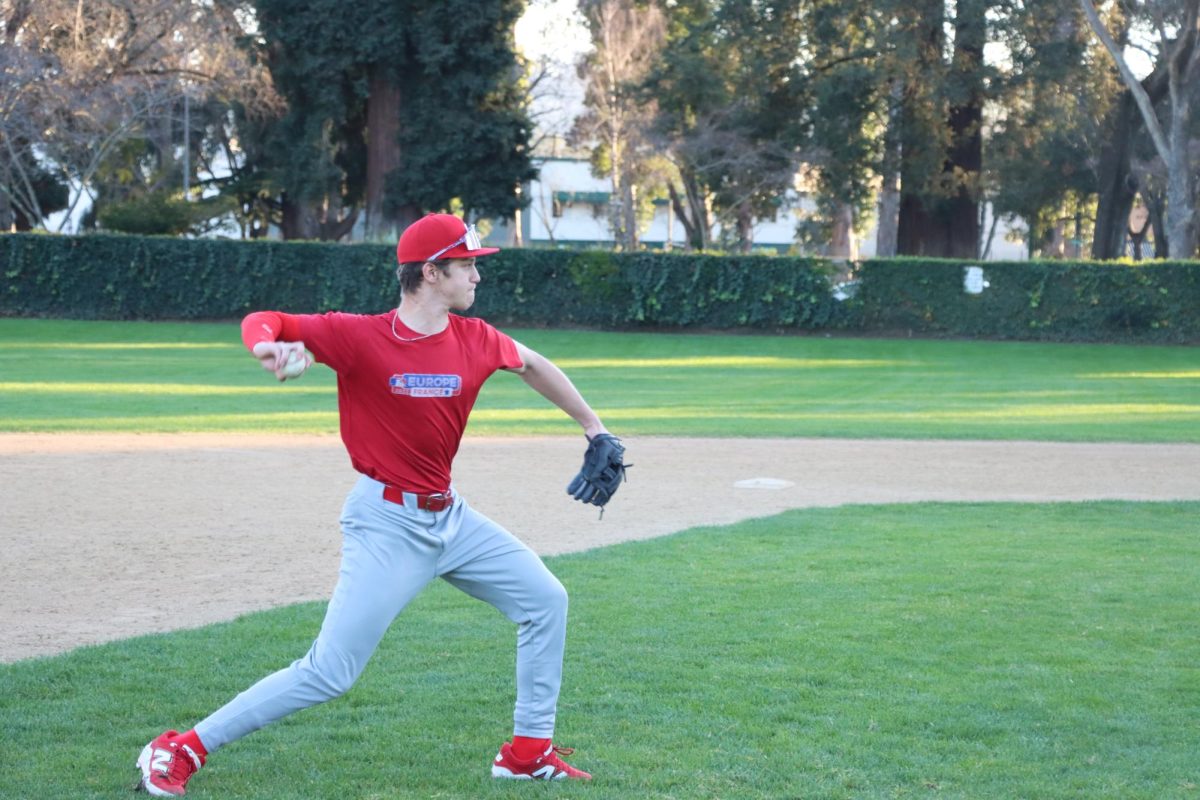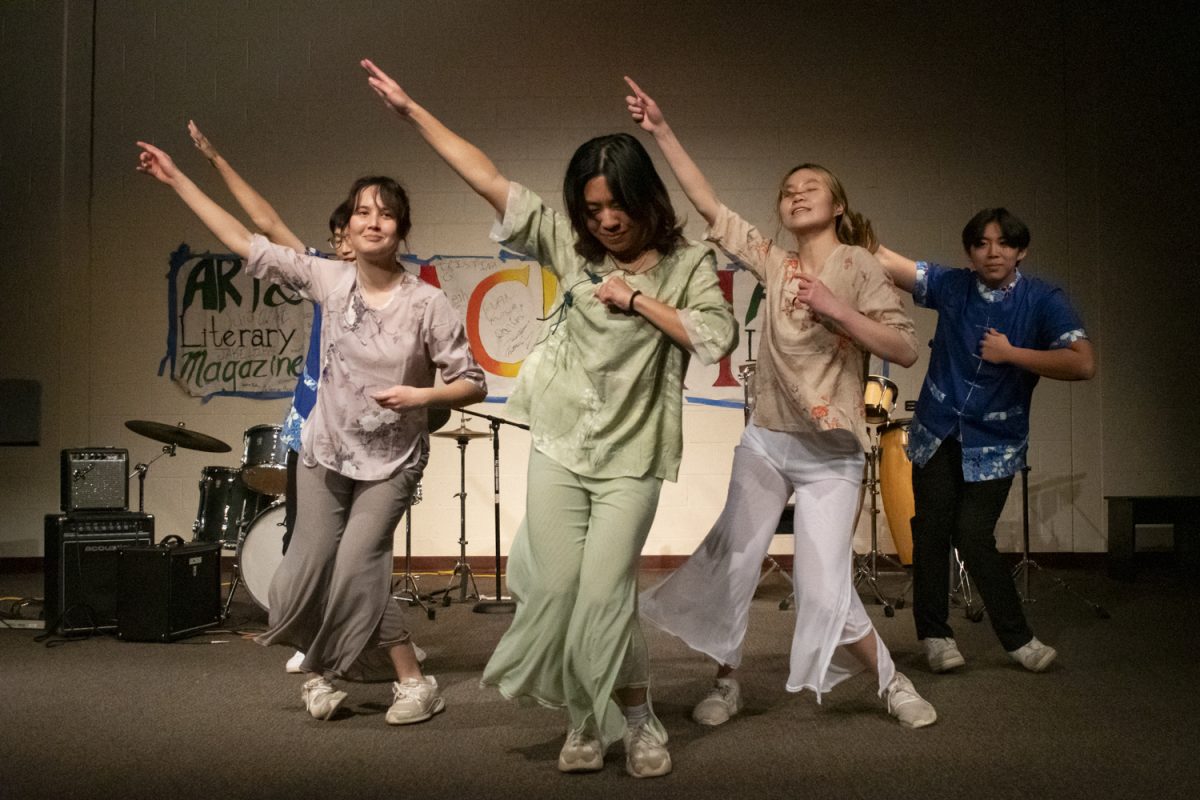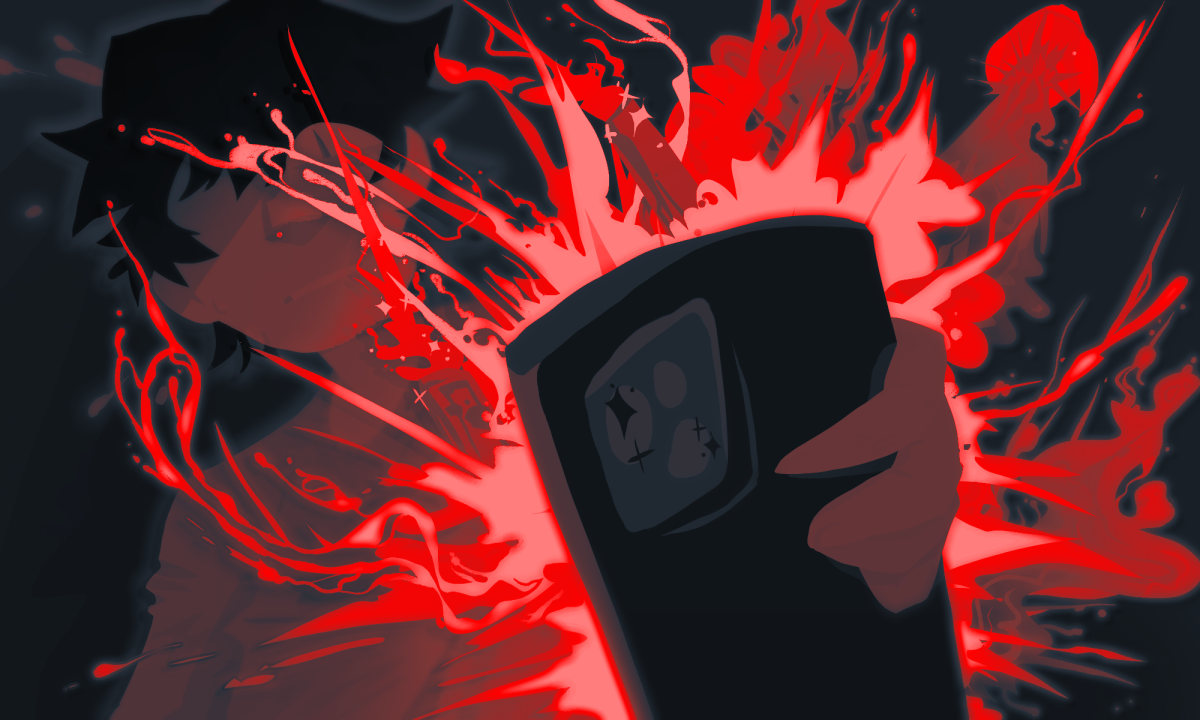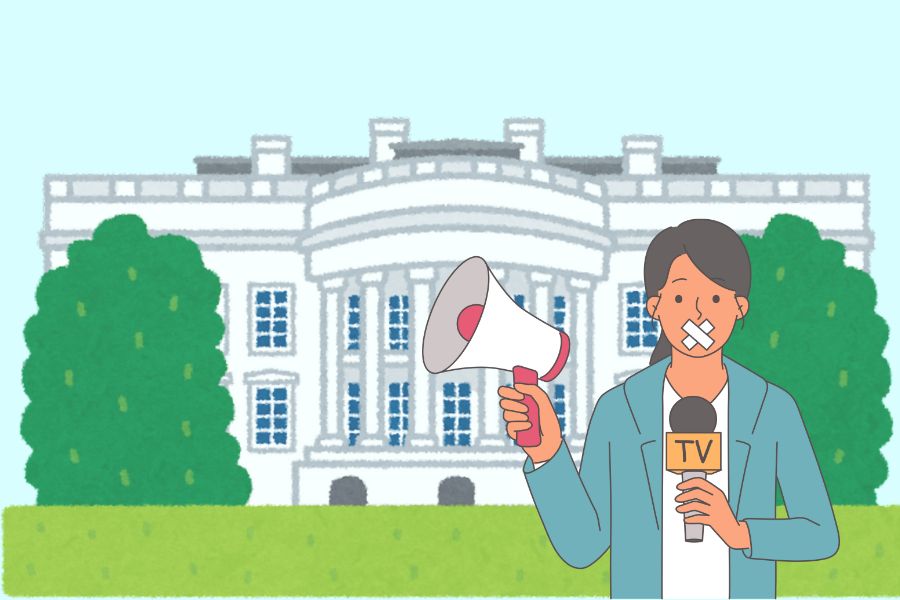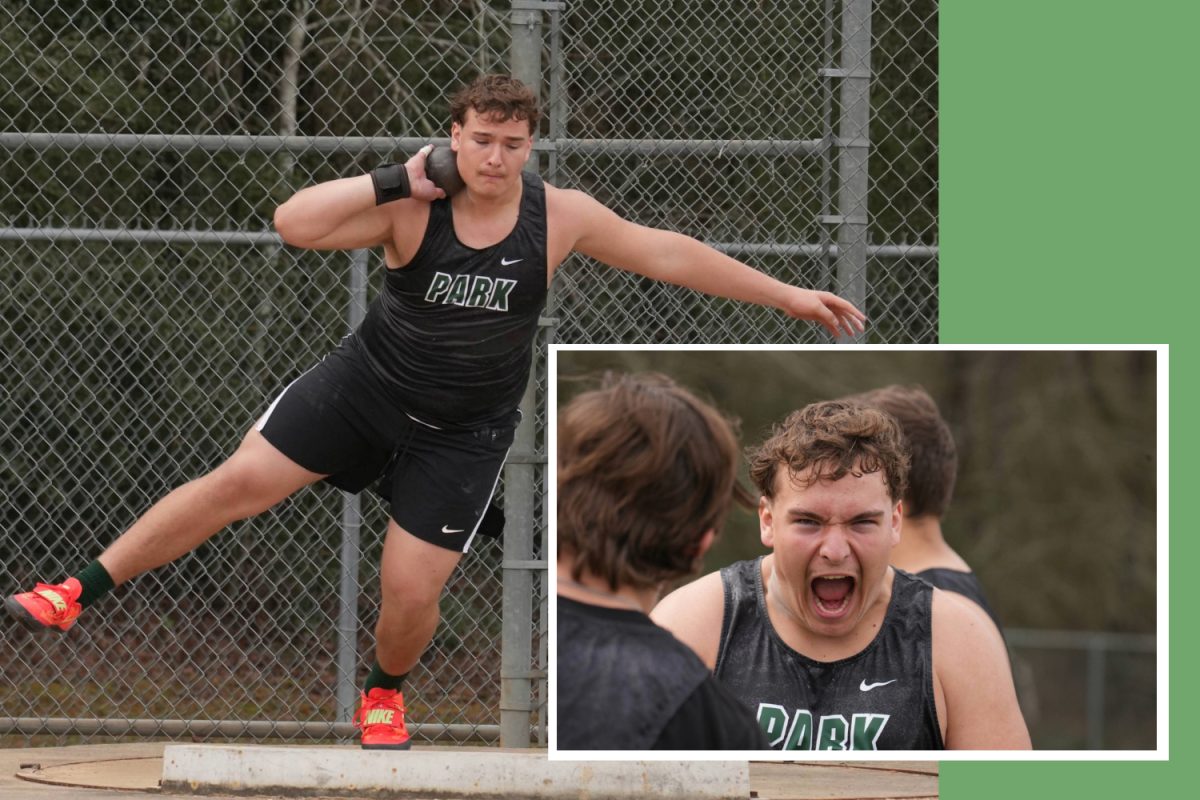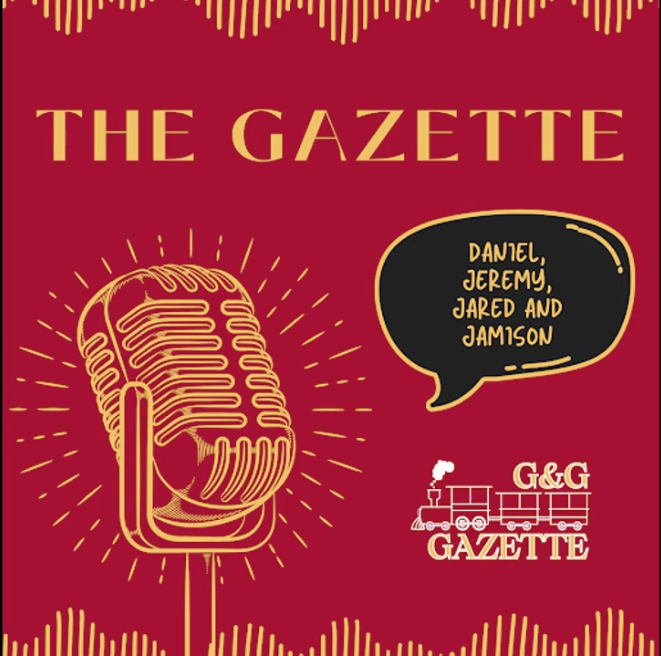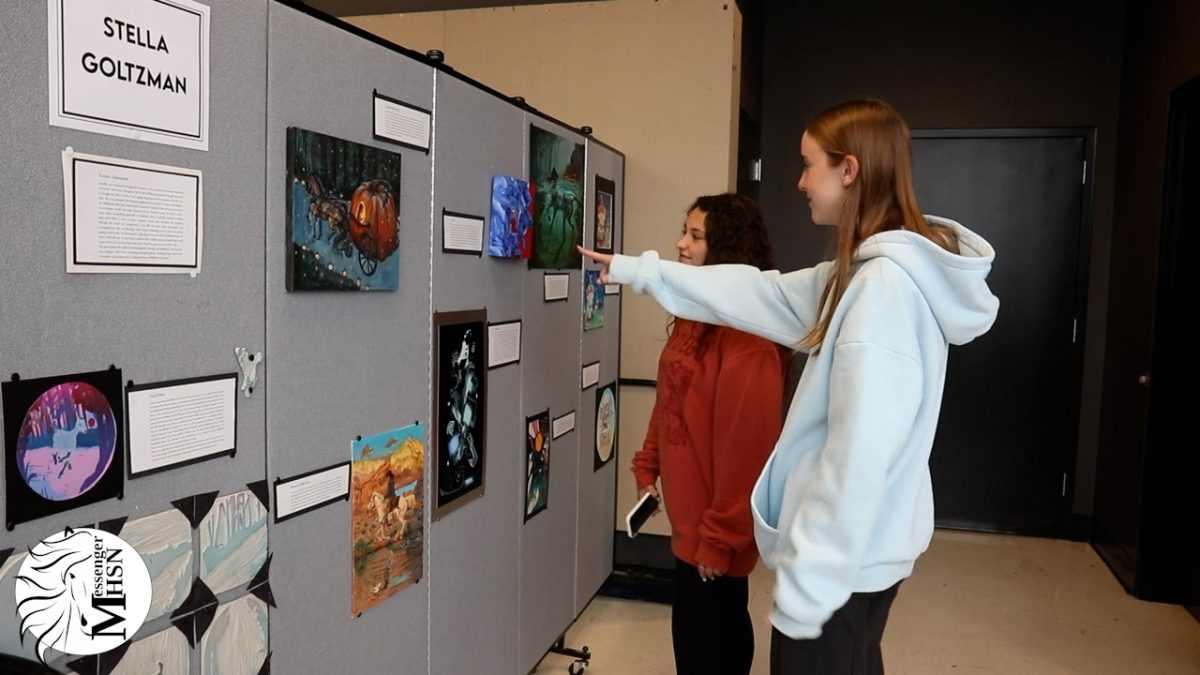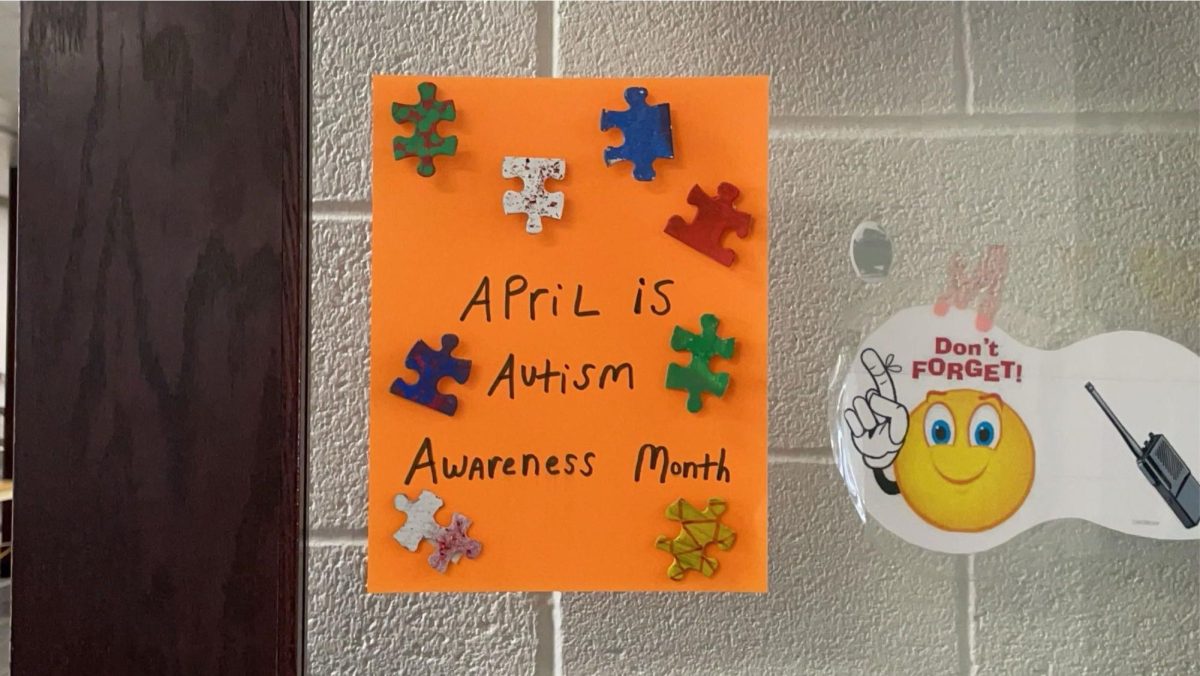When I was in 5th grade, I first learned the horrifying significance of a swastika.
When I was in 6th grade, a kid at a summer camp I attended created a swastika out of building blocks.
When I was in 7th grade, I found a swastika-covered math binder belonging to a peer of mine.
When I was in 8th grade, I came across a swastika carving in an AMS playground tree.
When I was in 9th grade, I discovered a swastika drawn on the door of a school bathroom stall.
We are now in 10th and 12th grade and have not gotten a break from antisemitic microaggressions. Last week, we noticed a pre-algebra packet covered in swastikas on a desk.
This week marked a year since the largest killing of Jewish people since the Holocaust. We remain 7,000 miles away from the locations in which these acts of terror took place – nevertheless, we are impacted daily by antisemitic rhetoric in the hallways, on social media, and among our peers. We have noticed excuses for the failure to condemn Jew-hated, namely pardoned by a ‘lack of education.’ Yet, witnessing an ASD teacher laugh at a student put their name as ‘Hitler’ in a class Kahoot in 7th grade leads us to believe that ‘purposeful ignorance’ is a much better-fitting description – a ‘lack of education’ is an absurd label for the highly-educated staff in our district.
Consequently, we are left wishing for a day in which it is considered ‘stating the obvious’ for us to declare that the acknowledgment of all minorities is necessary for strengthening our students’ identities – the recognition of hatred toward one minority does not take away attention from another. Yet, it is no secret that antisemitism is commonly overlooked in our school district.
It is the responsibility of our teachers, staff, and administration to educate themselves on hatred and harmful speech or actions toward students’ identities. Our noticed scarcity of this standard begs the question: How are teachers supposed to educate their students on antisemitism if they themselves are ignorant of its impact? With 13 years in this district, we can confidently attest that they are unable to do so – this has a significant impact on the harmful behavior of students and, accordingly, feelings of fear among our student body.
We immensely respect the Aspen School District’s mission to create an educational environment built on inclusivity, equity, and an ‘unwavering commitment to making safety for all students and staff.’ However, as long as antisemitism fails to be condemned, ASD falls short of its mission.
As one year since October 7, 2023, has passed, the significance of a supportive Aspen community remains as crucially important as ever. The Jewish Student Union aims to promote community through inclusion and safety, and we kindly ask that if you witness any form of antisemitism, whether written, oral, or other, you take the time to educate others on the substantial impact hatred holds on our student body in the Aspen community.
This story was originally published on The Skier Scribbler on October 4, 2024.







